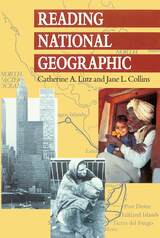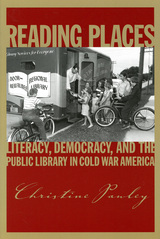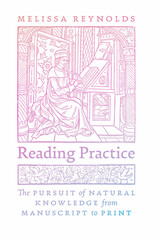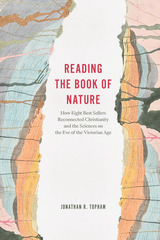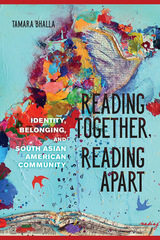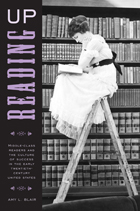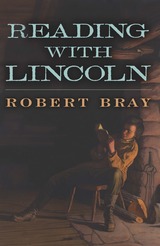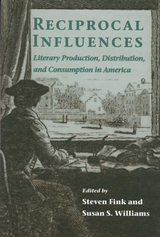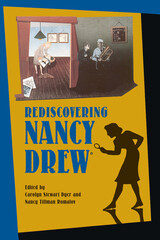Teaching and Transformation in Popular Confucian Literature of the Late Qing
University of Michigan Press, 2025
Paper: 978-0-472-05758-0 | Cloth: 978-0-472-07758-8 | eISBN: 978-0-472-90514-0
See other books on: Asia | Asian Studies | China | Teaching | Transformation
See other titles from University of Michigan Press
Paper: 978-0-472-05758-0 | Cloth: 978-0-472-07758-8 | eISBN: 978-0-472-90514-0
ABOUT THIS BOOK | AUTHOR BIOGRAPHY | TOC
ABOUT THIS BOOK
The Taiping Civil War (1851–1864) was one of the most destructive wars in Chinese history, with the death toll estimated between twenty and thirty million. What visions did survivors have for restoring their fractured society once the war ended? Katherine L. Alexander’s Teaching and Transformation approaches these questions through literature by examining the works of evangelical Confucian teacher Yu Zhi (1809-1874), who gave a voice to the zealous side of conservative Confucian reform efforts before, during, and after the Taiping War. His works offer radical visions of a world that could be restored through collective effort and goodness, while also revealing the shifting nature of power and highlighting the cracks in Qing society.
Yu’s works complicate the picture of socio-moral reform, particularly the Confucian mission of jiaohua (teaching and transformation). Though he viewed the disasters of the late Qing as the natural consequence of jiaohua’s failure to compete against socially disruptive media, such as vernacular fiction and theatrical productions, he also wanted reformers to engage closely with these genres. Yu became a vocal advocate of teaching with moral vernacular literature that he believed met commoners at their level. He emphasized the hope that by writing, printing, and performing such texts, every member of his audience could be transformed into teachers themselves, restoring society from the bottom up.
Yu’s works complicate the picture of socio-moral reform, particularly the Confucian mission of jiaohua (teaching and transformation). Though he viewed the disasters of the late Qing as the natural consequence of jiaohua’s failure to compete against socially disruptive media, such as vernacular fiction and theatrical productions, he also wanted reformers to engage closely with these genres. Yu became a vocal advocate of teaching with moral vernacular literature that he believed met commoners at their level. He emphasized the hope that by writing, printing, and performing such texts, every member of his audience could be transformed into teachers themselves, restoring society from the bottom up.
See other books on: Asia | Asian Studies | China | Teaching | Transformation
See other titles from University of Michigan Press

